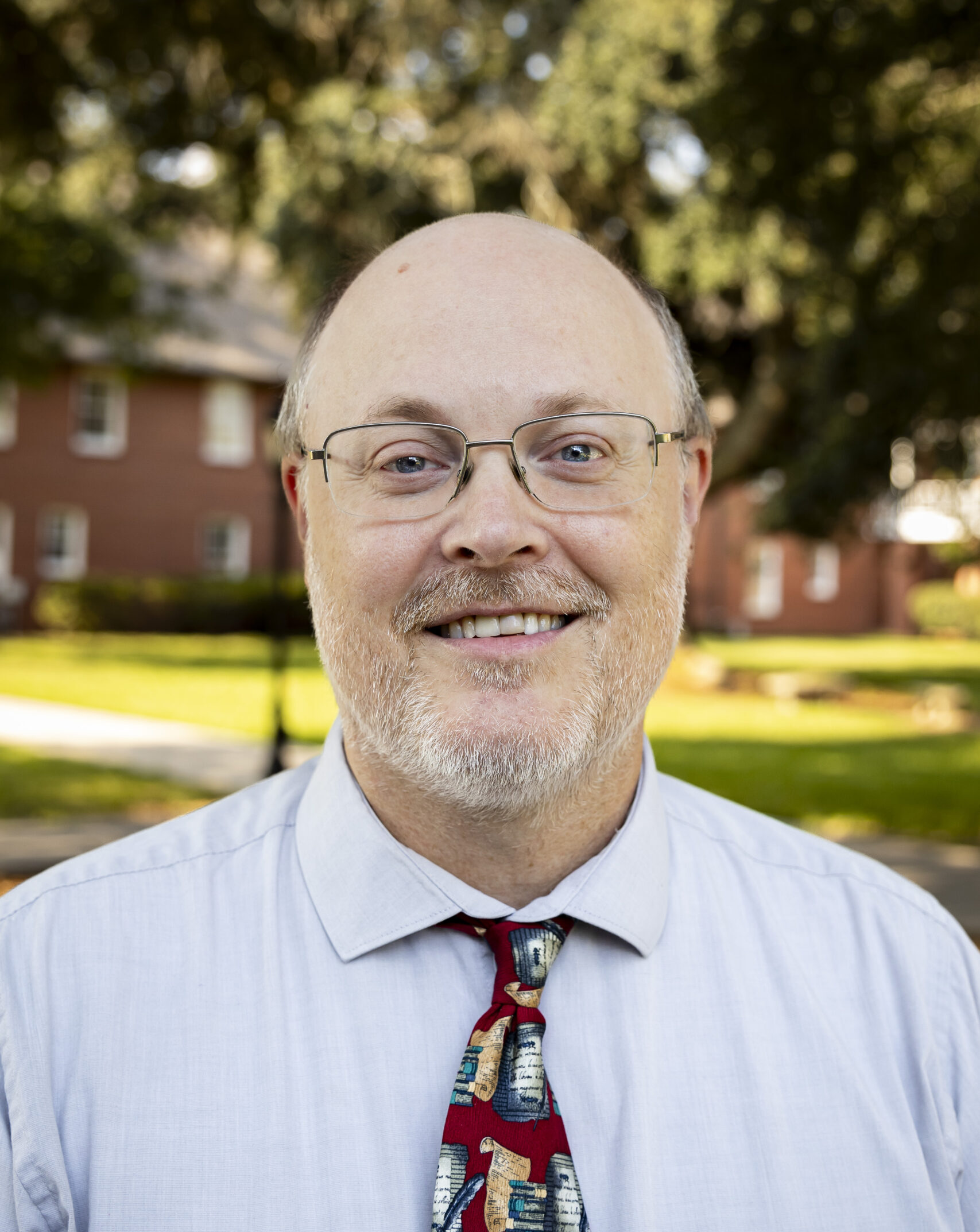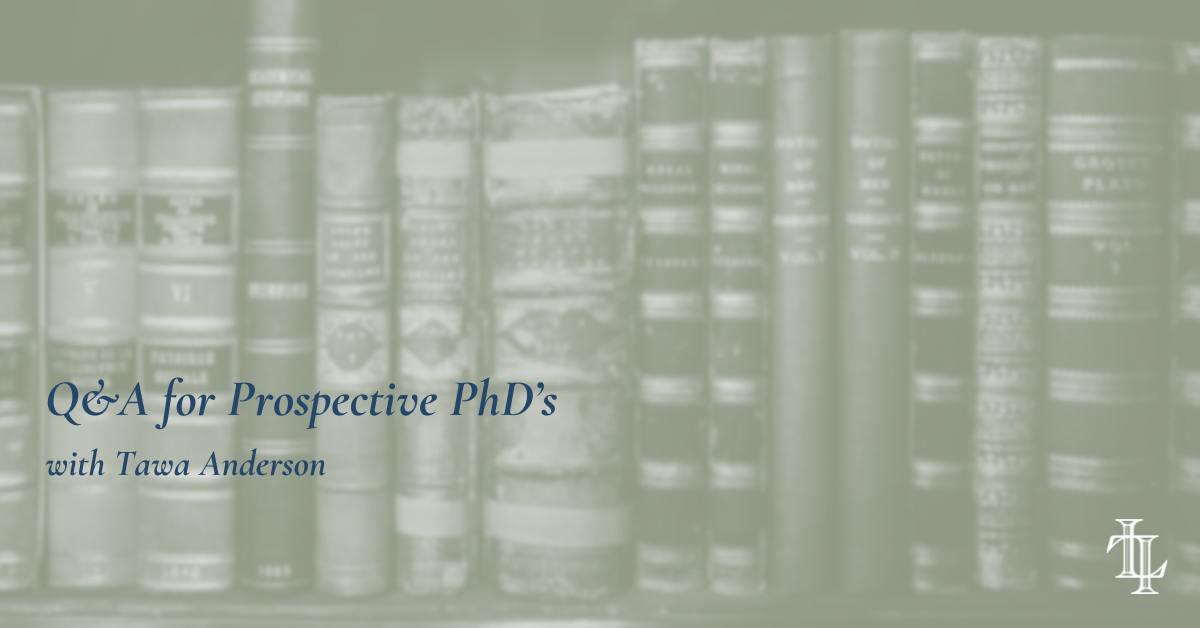Editor’s Note: For the next few weeks, the Ledger will feature articles from current professors in academia offering advice to prospective PhD students considering doctoral work. Each article will be followed by a critical book review on one of the books that the professor recommends that every PhD student should read. The LL team hopes this series will provide answers to common questions that aspiring PhD students have when considering taking the next step in their theological education.
How did you enter into ministry in the academy/desire to pursue a PhD?
Pastoral ministry was my gateway into academic ministry. As a pastor to second-generation Chinese Canadians, I regularly came face-to-face with sincere, deep questions which I could not adequately answer. My desire to minister to the youth and young adults in my congregation led me to copious reading in biblical studies, philosophy, and apologetics. Through that research, I gained a love of apologetic teaching and presenting in church and para-church settings. That eventually led to a call to pursue a PhD to enter academic ministry full-time.
How is educational ministry indeed a ministry that can serve the church?
As a pastor, I needed access to high-quality, competent, faithful Christian scholarship that engaged with the toughest objections and challenges to the faith. One calling of Christian academics is to produce such works that can edify, encourage, and equip pastors and laypeople. Furthermore, the local church is blessed when Christian academics are able and willing (and invited) to speak on their areas of expertise.
How did you develop your research interests?
Most of my research interests developed reactively – I would encounter questions, challenges, or objections, and would pursue answers through my research and writing. On the other hand, I have some long-standing research interests (e.g., the person & work of Jesus; beauty & art; science & faith) that stem from my character, upbringing, and experience. My life was transformed by Jesus of Nazareth: I want to know Him more. Because I have been involved in music all my life, I’m intrigued by aesthetic arguments for Go, human creativity, and our innate appreciation for beauty Since nature and technology have always fascinated me, I’m naturally curious about the intersection of Christianity and the sciences.
Tell us about your publications and current research.
I co-authored An Introduction to Christian Worldview (IVP, 2017) with Michael Clark and David Naugle; I am the author of Why Believe? Christian Apologetics for a Skeptical Age (B&H, 2021); I edited Truth: Lectures from Defend the Faith 2025 (Deward, 2025). I am currently working on arguments for God based on beauty, pologetics in the footsteps of the Apostle Paul, and integrating apologetics into youth ministry.
What advice do you have for new PhD students or students who desire to research and write well?
There is too much advice to give, and too little space. Let me hit some bullets. (1) To write well, you must love writing; you must also love reading, and you must read well. (2) Read good writers, and emulate them. (3) Learn to cherry-pick your research: find what you need from a source, and move on. (4) Recognize that your research will never be complete nd your writing will never be perfect: at some point, you need to close the books and turn in the assignment. (5) Develop thick skin: scathing critique is part of the professional academic process and will make you better if you take it seriously but not personally.
What excites you about your field?
The variety and depth of new offerings in apologetics. I am encouraged by the renaissance of ‘cultural’ or ‘imaginative’ apologetics – defenses of Christianity that focus on and appeal to the heart and soul, not just the mind. There is a significant place for classical rationalistic apologetics that show the logical coherence and objective truth of the faith, but there is also a need for defenses that stress the goodness and beauty of Christianity. I am encouraged by the increasing number of students and scholars working and publishing in those areas!
What is one book that you wish every PhD student in your field would read?
Alvin Plantinga’s, Warranted Christian Belief. WCB is an exemplar of confident, competent Christian scholarship that engages the best work produced by skeptical academics head-on. Plantinga is a brilliant scholar who is well-respected in the philosophical academy by Christians and non-Christians alike – he has earned his stripes, which allows him to speak knowledgeably about the thinkers whom he critiques. WCB stands as an apologetic masterpiece: appropriately humble, rigorously rational, and exceptionally well-argued.
Author
-
 Raised in a non-Christian home, Tawa Anderson came to faith in high school. He was called to ministry, and served as English Pastor at Edmonton Chinese Baptist Church from 2001-2008. After completing his PhD, Dr. Anderson taught at Oklahoma Baptist University from 2011-2022 before joining the faculty at NOBTS. Tawa is the author of Why Believe? Christian Apologetics for a Skeptical Age (B&H Academic, 2021); co-author of An Introduction to Christian Worldview: Pursuing God’s Perspective in a Pluralistic World (IVP Academic, 2017); and editor of and contributing author to Truth: Lectures from Defend the Faith 2025 (DeWard, 2025).Tawa and Vanessa have been married since 1996, and have three children – Mataeo (b. 2000; married to Elaina), Alethea (b. 2003; married to Lane Williams), and Keilani (b. 2005).View all postsRecent Posts
Raised in a non-Christian home, Tawa Anderson came to faith in high school. He was called to ministry, and served as English Pastor at Edmonton Chinese Baptist Church from 2001-2008. After completing his PhD, Dr. Anderson taught at Oklahoma Baptist University from 2011-2022 before joining the faculty at NOBTS. Tawa is the author of Why Believe? Christian Apologetics for a Skeptical Age (B&H Academic, 2021); co-author of An Introduction to Christian Worldview: Pursuing God’s Perspective in a Pluralistic World (IVP Academic, 2017); and editor of and contributing author to Truth: Lectures from Defend the Faith 2025 (DeWard, 2025).Tawa and Vanessa have been married since 1996, and have three children – Mataeo (b. 2000; married to Elaina), Alethea (b. 2003; married to Lane Williams), and Keilani (b. 2005).View all postsRecent Posts




